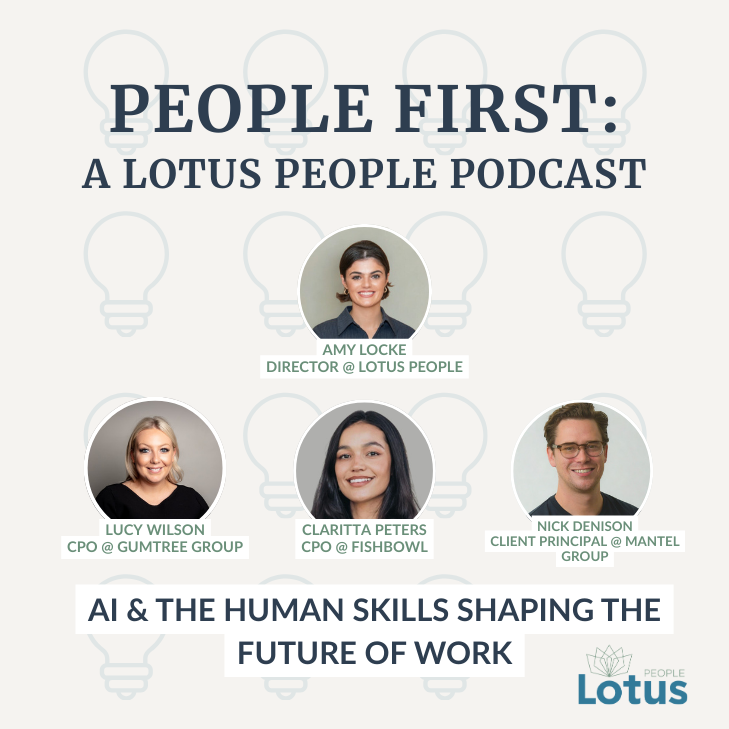As the Australian job market continues to evolve, it's crucial for both employers and candidates to anticipate and adapt to the forthcoming trends that will shape recruitment dynamics in 2024.
The employment landscape is undergoing transformative changes influenced by global shifts, technological advancements, and societal expectations. But what is there to watch out for, exactly? And what can we do to combat these changes to stay ahead of the curve?
Projected Recruitment Trends in Australia for 2024:
- Remote Work Evolution: With the widespread adoption of remote work in recent years, the trend is expected to continue in 2024. Candidates can anticipate more flexible work arrangements, and employers should be ready to adapt their recruitment processes to accommodate remote hiring, onboarding, and management.
- Emphasis on Soft Skills: Beyond technical expertise, employers are placing a growing emphasis on soft skills such as adaptability, emotional intelligence, and effective communication. Job seekers should highlight these skills on their resumes, and employers should incorporate them into their evaluation criteria.
- Rise of Hybrid Work Models: A hybrid work model, combining in-office and remote work, is likely to become the norm. Companies should establish clear policies, communication channels, and collaboration tools to support a seamless transition to this hybrid model.
- Increased Focus on Diversity, Equity, and Inclusion (DEI): Expectations for diversity and inclusion in the workplace will continue to rise. Employers should proactively address DEI concerns, ensuring fair hiring practices and creating an inclusive work culture. Candidates, in turn, should seek out employers committed to diversity.
- Technological Integration in Recruitment: Automation, artificial intelligence, and data analytics will play a more prominent role in the recruitment process. Employers should invest in technology to streamline hiring processes, and candidates should be familiar with applicant tracking systems and other digital recruitment tools.
What Should we do In Response?
- Skill Development and Upskilling: Job seekers should identify and invest in skill sets that align with emerging trends. Continuous learning and upskilling will be key to staying competitive in the job market.
- Revise and Update Resumes: Candidates should ensure their resumes highlight not only technical skills but also soft skills and adaptability. Showcase experiences that demonstrate versatility and the ability to thrive in a dynamic work environment.
- Enhance Digital Presence: With increased reliance on technology in recruitment, candidates should optimise their online presence. This includes having a professional LinkedIn profile, a well-crafted personal website, and a portfolio showcasing relevant skills and achievements.
- Embrace Flexibility: Employers and employees alike should embrace flexibility. Companies should review and adapt their policies to accommodate flexible work arrangements, and candidates should be open to hybrid models and remote opportunities.
- Prioritise Diversity and Inclusion: Employers should actively work on fostering diverse and inclusive workplaces. This includes revisiting hiring practices, promoting equal opportunities, and creating an environment where employees from all backgrounds feel valued.
By understanding and proactively responding to the projected recruitment trends we have for 2024, employers and candidates can position themselves for success in the evolving job market.
Remember: Embracing change is the key to thriving in the dynamic landscape of recruitment in the coming year!
You can also reach out to us at info@lotuspeople.com.au to see how we can make your talent attraction and retention stronger in 2024.
You may also like...





